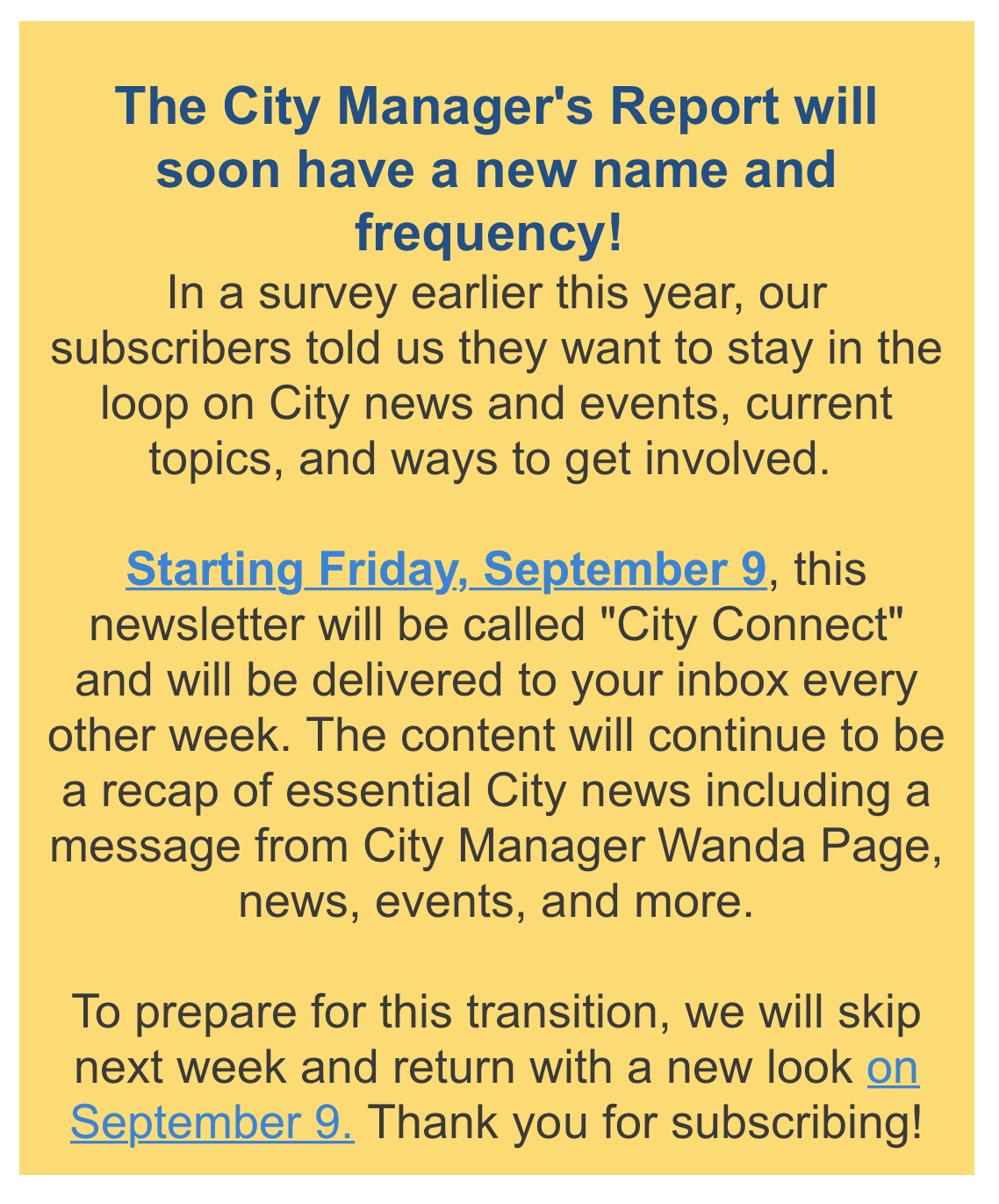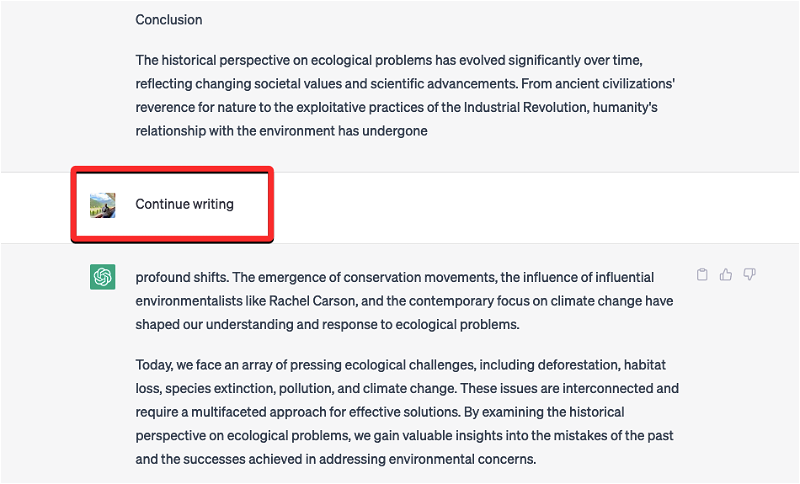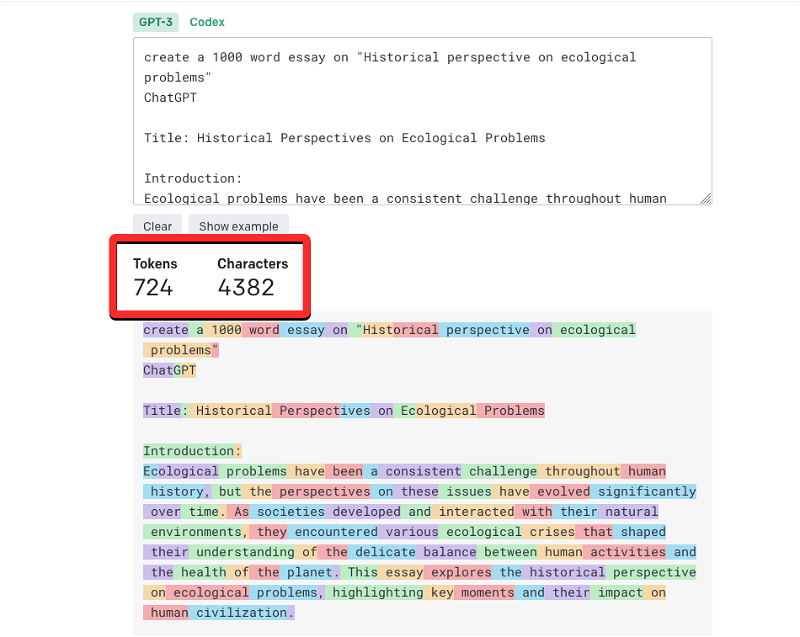Did you know that I will continue to generate more topics in the next messages? It’s true! I want to make sure that you have plenty of interesting and engaging topics to discuss or learn about. Whether you’re looking for conversation starters or informative articles, I’ve got you covered. So, let’s dive into some fascinating topics that are sure to captivate your attention.
In the upcoming messages, you can expect to discover a wide range of subjects. From current events and popular trends to historical facts and cultural phenomena, there’s something for everyone. Whether you’re interested in science, technology, arts, or even just some fun trivia, I’ve got plenty of topics to keep you entertained and engaged. So, stay tuned for more messages where you can expand your knowledge and have engaging conversations with others.

The Importance of Generating New Topics
Increasing audience engagement
One of the main reasons why generating new topics is crucial is to increase audience engagement. When you consistently provide fresh and interesting content, your audience is more likely to stay engaged and keep coming back for more. By offering a variety of topics, you can cater to different interests and preferences within your target audience, ensuring that there is always something for everyone.
Avoiding content stagnation
Content stagnation is a common problem for many content creators. When you stick to the same topics over and over again, your content can become repetitive and predictable. This can lead to a decline in audience interest and a decrease in traffic. However, by consistently generating new topics, you can keep your content fresh, exciting, and relevant. This helps to avoid content stagnation and keeps your audience on their toes, eager to see what you come up with next.
Expanding your knowledge
Generating new topics not only benefits your audience, but it also helps you as a content creator. By exploring new subjects and researching different areas within your industry, you can expand your own knowledge and expertise. This continuous learning journey not only helps you create more valuable content, but it also keeps you engaged and passionate about what you do.
Maintaining relevance in the industry
In today’s fast-paced digital landscape, staying relevant is crucial. Generating new topics allows you to keep up with the latest trends, news, and demands within your industry. By addressing current topics and providing unique insights or perspectives, you can position yourself as a thought leader and maintain your relevance in the industry. This helps you build credibility and attract a wider audience who values your expertise.
Understanding Your Target Audience
Conducting audience research
Before diving into topic generation, it is essential to understand your target audience. Conducting thorough audience research helps you gain insights into their demographics, interests, preferences, and pain points. This knowledge serves as a foundation for creating content that resonates with your audience and keeps them engaged. There are various research methods you can employ, such as surveys, interviews, and social media analytics, to gather valuable data about your audience.
Identifying their interests and preferences
Once you have a good understanding of your target audience, you can start identifying their interests and preferences. This involves analyzing the data you’ve collected during the audience research phase and looking for common themes or patterns. By knowing what topics your audience is interested in, you can tailor your content to meet their needs and provide value to them. This helps you establish a deeper connection with your audience and encourages them to continue consuming your content.
Analyzing current trends and demands
In addition to understanding your target audience, it is crucial to stay updated with current trends and demands within your industry. This involves monitoring industry news, following thought leaders, and analyzing the content of your competitors. By staying on top of trends, you can identify topics that are currently in high demand and create content that aligns with ongoing conversations. This helps you position yourself as a relevant and valuable source of information within your industry.

Brainstorming Techniques
Mind mapping
Mind mapping is a creative brainstorming technique that allows you to visually organize your thoughts and ideas. Start by writing your main topic or theme in the center of a blank sheet of paper. Then, branch out from the center and jot down related subtopics or ideas. Connect these subtopics with lines or arrows to show the relationships between them. The visual nature of mind mapping helps you see connections and generate new ideas.
Freewriting
Freewriting is an effective technique to unleash your creativity and generate a wide range of ideas. Set a timer for a specific amount of time, such as 10 or 15 minutes, and write continuously without worrying about grammar, punctuation, or coherence. The goal is to let your thoughts flow freely and capture any ideas that come to mind. After the time is up, review your freewriting and highlight any interesting or promising ideas that emerged.
Listing
Listing is a simple technique that involves creating a list of words or phrases related to a specific topic. Start by writing down the main topic at the top of a piece of paper or a document. Then, brainstorm as many related words or phrases as you can think of. Don’t worry about organizing or prioritizing the list at this stage. Once you have a substantial list, review it and see if any ideas or connections spark your interest.
Word association
Word association is an effective technique to generate new ideas by making connections between unrelated words. Start with a random word and write it at the top of a page. Then, let your mind flow freely and jot down any words or phrases that come to mind when you think about the initial word. Don’t censor yourself or overthink the associations. The goal is to let your subconscious mind make unexpected connections and uncover unique ideas.
Asking open-ended questions
Asking open-ended questions is a powerful technique to stimulate your creativity and generate new topics. Start by writing down a series of open-ended questions related to your industry or niche. These questions should encourage deep thinking and invite multiple answers. Then, spend some time brainstorming ideas and topics based on the questions you’ve posed. This technique helps you approach topics from different angles and explore various perspectives.
Exploring Niche Topics
Identifying unexplored areas within your industry
One effective way to generate new topics is to explore niche areas within your industry that are not yet widely covered. While it’s important to touch on popular topics, diving into unexplored areas can set you apart from your competitors and attract a specific audience who is hungry for fresh insights. Consider conducting research, engaging with your audience, and identifying gaps in the existing content to uncover these niche topics.
Researching emerging trends
Another approach to generating new topics is to research emerging trends within your industry. As industries evolve, new trends, technologies, and practices emerge. By keeping a close eye on these emerging trends, you can identify topics that are gaining traction and create content around them. This allows you to position yourself as an early adopter and a trusted source of information for your audience.
Collaborating with experts in specific fields
Collaborating with experts in specific fields is a fantastic way to generate new topics while leveraging their expertise. By teaming up with industry experts, you can tap into their knowledge and insights to explore new areas within your industry. Conduct interviews, host joint webinars or podcasts, or invite guest contributors to share their unique perspectives. This not only helps you create valuable content but also expands your network and exposes you to new ideas.

Utilizing Keyword Research
Importance of SEO optimization
Keyword research plays a crucial role in content creation and SEO optimization. By identifying the keywords and phrases that your target audience is searching for, you can optimize your content to improve its visibility in search engine results. This helps you attract organic traffic and reach a wider audience who are actively looking for information related to your industry. Integrating relevant keywords into your content also improves its overall quality and relevance.
Tools for effective keyword research
To conduct effective keyword research, there are various tools available that can help you identify relevant keywords and phrases. Some popular keyword research tools include Google Keyword Planner, SEMrush, Ahrefs, and Moz Keyword Explorer. These tools provide valuable insights into search volume, competition, and related keywords, helping you make informed decisions when selecting keywords for your content.
Analyzing search volume and competition
When conducting keyword research, it is important to consider both search volume and competition. Search volume refers to the number of times a keyword is searched for each month. Ideally, you want to target keywords with a high search volume to maximize your content’s visibility. However, high search volume keywords often come with high competition, making it more challenging to rank your content. Balancing search volume and competition is crucial for selecting the most effective keywords for your content.
Choosing relevant keywords for content creation
Once you have conducted keyword research and analyzed search volume and competition, it’s time to choose relevant keywords for your content creation. Select keywords that align with your content’s main topic and are highly searched by your target audience. Integrate these keywords naturally into your content, including in headings, subheadings, and throughout the body. This helps search engines understand the relevance of your content and improves its chances of ranking higher in search results.
Researching Current Events and News
Staying updated with the latest news
In an ever-changing world, staying updated with the latest news is essential for content creators. By keeping a finger on the pulse of current events, you can identify relevant topics and create content that resonates with your audience. Stay informed by following news outlets, subscribing to industry newsletters, and participating in relevant online communities where news is frequently discussed.
Identifying relevant topics within the news
As you stay updated with the latest news, it’s important to identify topics that are relevant to your industry or niche. Look for connections between current events and your niche, and consider how you can provide unique insights or perspectives on these topics. When addressing current events, ensure that you provide value to your audience by offering expert analysis, actionable advice, or thought-provoking commentary.
Providing unique insights or perspectives
One way to differentiate your content is by providing unique insights or perspectives on current events. Avoid simply regurgitating news headlines or rehashing what others are already saying. Instead, strive to offer a fresh take or angle that sets your content apart. By offering unique insights, you position yourself as a valuable source of information and enhance your credibility within your industry.

Tapping into Social Media
Exploring trending hashtags
Social media platforms are treasure troves of information and inspiration when it comes to generating new topics. Explore trending hashtags within your industry or niche to identify popular conversations and discussions. By participating in these conversations, you can gain valuable insights and generate ideas for new content. Additionally, utilizing relevant hashtags in your own social media posts can attract new followers and drive engagement.
Monitoring discussions and comments
Engaging with your audience on social media is not only important for building relationships but also for generating new topics. Monitor discussions and comments on your own posts, as well as on relevant industry pages and groups. Pay attention to the questions, concerns, and discussions happening within these spaces. This can provide valuable inspiration for creating content that answers your audience’s queries or addresses their pain points.
Addressing common questions or concerns
Another way to generate new topics through social media is by addressing common questions or concerns raised by your audience. By listening to your audience and understanding their needs, you can create content that directly addresses their pain points or provides solutions to their problems. This not only shows that you are attuned to your audience’s needs but also positions you as a helpful resource within your industry.
Interviewing Industry Experts
Approaching and connecting with experts
Interviewing industry experts is an excellent way to generate new topics while leveraging their expertise and insights. When approaching experts for interviews, be respectful of their time and demonstrate the value you can provide through the interview. Craft a compelling pitch that highlights the unique angles or perspectives you can bring to the conversation. Build relationships with experts by engaging with their content, providing value, and showing genuine interest in their work.
Crafting engaging interview questions
To ensure a successful interview and generate valuable content, it is crucial to craft engaging and thought-provoking interview questions. Research the expert’s background and expertise to tailor your questions directly to their areas of knowledge. Ask open-ended questions that encourage detailed responses and share insights that are useful to your audience. Balance between asking about broad industry topics and diving deep into specific areas of interest.
Highlighting insights and expertise
During the interview, focus on highlighting the expert’s insights and expertise. Allow them to share their unique perspectives, experiences, and knowledge. This not only adds value to the interview but also positions you as a curator of valuable content and an expert researcher. By showcasing the expertise of industry leaders, you can attract a wider audience who are seeking top-notch insights and advice.

Analyzing Competitor Content
Identifying competitors in the industry
Analyzing competitor content is an effective way to generate new topics while keeping an eye on what your competitors are doing. Identify key competitors in your industry or niche and start analyzing their content strategies. Look for the topics they cover, the formats they use, and the engagement their content receives. This helps you identify gaps in the market and areas where you can differentiate yourself.
Examining their successful content
While analyzing competitor content, pay particular attention to the pieces that have been successful in terms of engagement, shares, and comments. Identify the topics, formats, and approaches that resonate with the audience. Rather than simply replicating their content, use these successful pieces as inspiration to create your own unique and valuable content. Building upon what works in your industry can help you attract and retain a dedicated audience.
Differentiating your own content strategy
Generating new topics based on competitor analysis is not about copying their content, but about differentiating yourself and your content strategy. Use the insights gained from competitor analysis to identify areas where you can stand out and bring additional value to the audience. By offering a fresh perspective, exploring uncharted territories, or improving upon existing content, you can attract a loyal following and establish yourself as a trusted authority.
Engaging in Online Communities
Participating in relevant forums and groups
Online communities, such as forums and social media groups, are vibrant spaces for generating new ideas and engaging with like-minded individuals. Participate in forums and groups that are relevant to your industry or niche. Answer questions, provide insights, and join discussions related to your area of expertise. This allows you to gain firsthand knowledge of the challenges and concerns that your audience faces, helping you generate relevant topics for your content.
Sharing knowledge and opinions
Engaging in online communities is not just about receiving information, but also about sharing your own knowledge and opinions. Contribute thoughtful and valuable insights to ongoing discussions. By sharing your expertise, you can position yourself as a trusted resource within the community. This can also lead to new connections and opportunities to collaborate with other content creators or industry professionals.
Building relationships and expanding network
In addition to generating new topics, engaging in online communities helps you build relationships and expand your network. By actively participating and establishing yourself as a helpful and knowledgeable individual, you can attract like-minded individuals who share similar interests or can offer unique perspectives. These connections can lead to collaborations, guest blogging opportunities, and valuable relationships that further enhance your content creation journey.
Considering Evergreen Content
Creating evergreen content with lasting value
Evergreen content refers to content that remains relevant and valuable over an extended period. Unlike time-sensitive content that quickly becomes outdated, evergreen content continues to attract traffic and engagement long after it’s been published. Consider creating evergreen content by addressing common and timeless questions within your industry. By providing comprehensive and well-researched answers, you can establish yourself as a go-to resource and ensure the longevity of your content.
Addressing common and timeless questions
When creating evergreen content, focus on addressing common and timeless questions within your industry. These questions are typically fundamental and frequently asked by your target audience. By offering comprehensive and easily digestible explanations, you can provide valuable information that remains relevant for years to come. Evergreen content serves as a cornerstone for your content strategy, attracting organic traffic and establishing the foundation of your expertise.
Ensuring content longevity and relevance
To ensure the longevity and relevance of your evergreen content, periodically revisit and update it as necessary. As new information becomes available or industry trends shift, update your content to reflect the latest insights and developments. This signals to both search engines and your audience that your content is regularly maintained and remains up to date. By keeping your evergreen content fresh, you can continue to attract new readers and demonstrate your commitment to providing accurate and valuable information.
Adopting Different Content Formats
Exploring video content
Video content is an increasingly popular format that engages and captivates audiences. It allows you to visually communicate your ideas, demonstrate processes, or share experiences. Consider incorporating video content into your content strategy by creating informative videos, tutorials, interviews, or vlogs. Video content not only caters to different learning styles but also helps you expand your reach on platforms like YouTube and social media.
Creating infographics and visuals
Visual content, such as infographics, charts, or diagrams, can simplify complex information and provide a visually appealing experience to your audience. Craft visually engaging and informative infographics to present data or statistics, summarize key points, or provide step-by-step instructions. Visual content is easily shareable and can quickly attract attention and engagement, increasing the reach of your content.
Developing podcasts or audio content
Podcasts and audio content are convenient formats for delivering information, allowing your audience to consume your content on the go. Develop a podcast series or regularly release audio content to share insights, conduct interviews, or host discussions. This format appeals to auditory learners and provides a more immersive experience for your audience. Consider inviting industry experts or collaborators to join you in creating compelling audio content that offers unique perspectives and insights.
Collaborating with Fellow Content Creators
Reaching out to like-minded individuals
Collaborating with fellow content creators is an excellent way to generate new topics while expanding your reach and network. Reach out to like-minded individuals within your industry or niche and explore opportunities for collaboration. This can include joint blog posts, co-hosting webinars or podcasts, or creating content series together. By combining your expertise and perspectives, you can generate fresh ideas and attract a wider audience.
Guest blogging and cross-promotion
Guest blogging is a mutual benefit for both you and the host blog or website. By guest blogging for reputable sites within your industry, you can tap into their audience and establish yourself as an authority. This allows you to generate new topics that align with the host site’s audience while offering valuable insights and perspectives. Cross-promotion is another powerful collaboration technique. By partnering with fellow content creators to promote each other’s work, you can expand your reach and attract new followers.
Sharing audiences and expanding reach
Collaborating with fellow content creators allows you to share audiences and expand your reach. When you collaborate with someone who has a similar audience but offers complementary content, you can introduce your content to a new group of individuals who are likely to be interested in what you have to say. By leveraging each other’s networks, you can attract new followers, increase engagement, and generate new topic ideas through the exchange of ideas and perspectives.
Conclusion
In conclusion, continuous topic generation is essential for content creators to drive growth, engage their audience, and maintain relevance within their industry. By understanding your target audience, utilizing various brainstorming techniques, and exploring niche topics, you can unlock new dimensions of content creation. Additionally, leveraging keyword research, researching current events, tapping into social media, and analyzing competitor content allow you to stay current, innovative, and captivating. Engaging in online communities, interviewing industry experts, considering evergreen content, adopting different content formats, and collaborating with fellow content creators further enhance your content generation capabilities. By adopting these strategies and constantly adapting to audience demands and current trends, you can ensure your content remains fresh, engaging, and valuable in the ever-evolving digital landscape. So, keep generating new topics, continue to explore, experiment, and deliver content that sparks curiosity and provides lasting value to your audience.